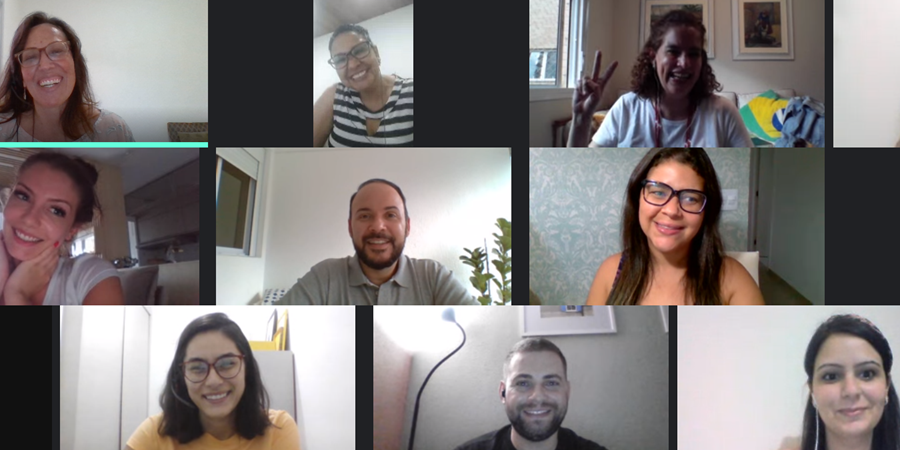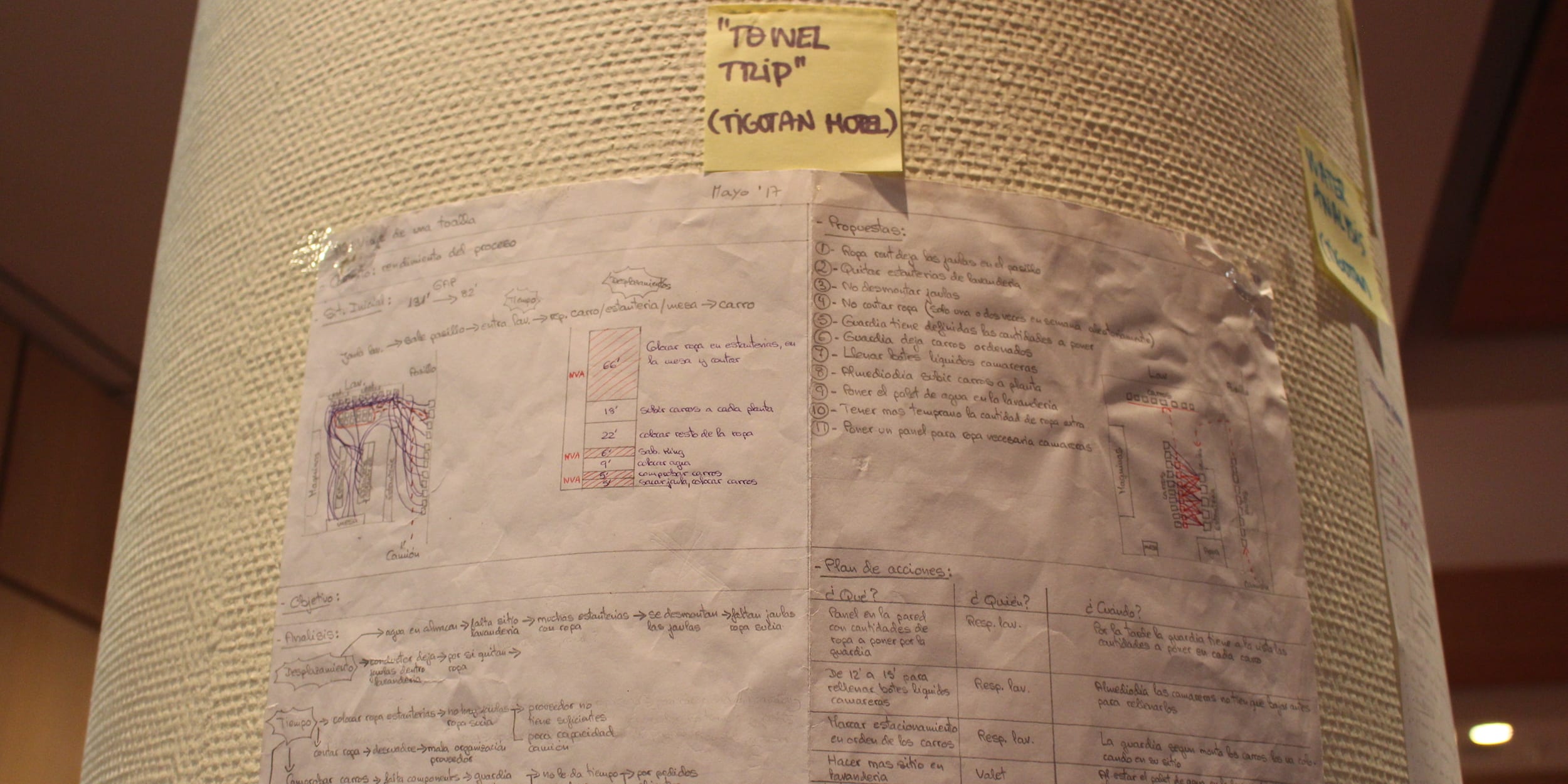
Remote working at SulAmérica
FEATURE – Fourteen months after the beginning of the pandemic, the author reflects on the challenges and opportunities that remote working has brought to this insurance company.
Words: Luciana Gomes, Process Superintendent, SulAmérica
When the Covid-19 pandemic began last year and SulAmérica suddenly faced the prospect of its entire staff having to work from home, it was our previous experience that ensured a smooth transition to the new reality. Many of our employees – including 30% of our call center operators – were already working from home on a regular basis. Additionally, we could look back at the experiment we had run during the 2016 Olympic Games in Rio de Janeiro, when 70% of our people based in Rio worked from home to avoid being stuck in traffic on the way to and from work (our offices in the city are located near the Maracanã Stadium and the Olympic Village). In hindsight, that was great training for the pandemic!
Remote working was not a new concept for us and, aside from some hiccups (like sourcing the type of headsets our operators would need at a time when everybody was ordering them), we were able to get everyone set up pretty quickly.
The real struggle was for many of our managers, who were not sure how to manage their people without being able to see them. At first, they held quick “check-in” meetings with their staff on a daily basis to ensure they did not have any problems preventing them from doing their work, but after some time these proved unnecessary.
What of course stayed – and, in fact, became more important than ever before – were our daily meetings. These were the main opportunities that managers had to talk to the whole team, and to schedule and distribute the workload. We found that the areas that had more experience with Lean Thinking and that were used to in-person daily meetings really only had to migrate them online – experimenting with a few platforms before they could find the one that best suited their needs.
Of course, it was not always easy to adjust to the “new normal”. Some of the applications we were using were not designed for remote working and had to be adapted very quickly. We also had to digitalize many of the paper-based processes that we still had in place. But there were also some benefits in migrating to a remote-only working environment. For example, when everyone started to work from home, we discovered that in the areas where part of the staff worked remotely, there was an imbalance in the access to information. Before the pandemic, these areas used two types of bulletin board – a physical one and a virtual one – and we realized that people in the office often knew things that their colleagues at home did not. In a way, the pandemic has further democratized access to information at SulAmérica.
In general, our people have shown great adaptability and are now used to working remotely. They are also keeping relationships with colleagues alive through online events and online coffees, and a survey we have run to understand how they feel about the new setting – for things ranging from access to leadership to IT, from ergonomics to communication – revealed that our company is doing much better than most when it comes to readiness for home working.
There are, as ever, things to improve. Some of our people feel like they are working more. Many of them do not take enough breaks, have a million meetings scheduled, and often work late. This is particularly true for leaders, especially those who had not been exposed to Lean Thinking and are not familiar with daily management yet. Not having a clear understanding of the situation makes it harder to manage people remotely and means that leaders feel the need to constantly reach out to their teams to check up on them or confirm information (the higher we go up the company ladder, the more overtime we are seeing).
Indeed, the past year has been a powerful reminder of the fact that command-and-control simply does not work. Conversely, a lean approach to leadership and work makes people more autonomous and capable of self-organizing in the face of a problem.

TRAINING, ONBOARDING AND IMPROVING FROM AFAR
One of the activities for which we had to make the most adjustments was training. SulAmérica trainees typically shadow more experienced colleagues and learn on the job, which of course is harder to do through a screen. Without access to the same mentoring and orientation they received before, we saw that many of our trainees and apprentices struggled to contribute from home.
The fact that we are not physically in the office, however, does not mean that we can forget about supporting people in their learning. Our way of training people, much like our way of working, had to be adapted to the new circumstances. Our A3 course, for example, used to be concentrated in two days, whereas now it spans over four days, with shorter sessions. Having a clear approach to training and documenting the work (through standardization, for example) proved incredibly important for SulAmérica, and of course, Lean Thinking has helped a lot with it.
But what about genchi genbutsu? Even though most of the information we handle is in our computers anyway (for us, in theory, sharing a screen is akin to going on a gemba walk and our virtual VSMs are helping us to connect the different steps in the process), we still think it is important to go and see as often as we can. That is why we came up with the “virtual gemba walks”. These initiatives have proved incredibly popular: when we first launched it, sending out an invitation through our Lean News, over 100 people joined. People from across the company – especially those in other offices and branches – now had an opportunity to see our work closely. Suddenly, Covid restrictions or tight travel budgets no longer mattered. Again, we have made SulAmérica more democratic than before!
We believe that this practice, which we are perfecting over time, will be critical to keep the culture alive going forward, but also to help newcomers understand our way of working and thinking. Our sales department had hired 200 people right before the beginning of the pandemic and for them these online gemba tours have proved incredibly useful. In a day, they get to know the entire organization!
Our improvement efforts have not stopped either. They just happen in a different way. The Improvement Team has been focusing on providing lean support to two areas in particular – Home Care and Life & Pensions Operations – but it is encouraging to see kaizen improvements continuing to appear across the business. Our latest companywide A3 Contest received 95 submissions, and we were delighted to see that the Improvement Team was not directly involved with a lot of them. This is evidence that Lean Thinking is really taking roots at SulAmérica and that the teams on the ground are becoming more autonomous.
Now that we have started our lean journey, there is nothing that can stop us from continuing it – not even the Coronavirus. Our challenge is the same it was pre-Covid: how to progress on the journey, sustain results, and reach more and more areas. We are excited to continue to pursue our lean transformation.
THE AUTHOR

Read more


INTERVIEW – This moving company in Singapore has taken its first steps down the lean road, reminding us that translating your strategy into small, actionable improvements people can make at the gemba is the way to a transformation.


FEATURE – In this article, we learn how a simple andon system and lean problem solving helped Theodo move past some of the most common obstacles that Agile alone can’t overcome.


INTERVIEW – Toyota’s approach to developing capabilities and its focus on life-long learning are inspirational. But how do people at Toyota actually learn?


VIDEO – The director of a hotel in Tenerife explains the first steps the team is taking to develop a lean daily management system, and how this connects to the organization's hoshin.

